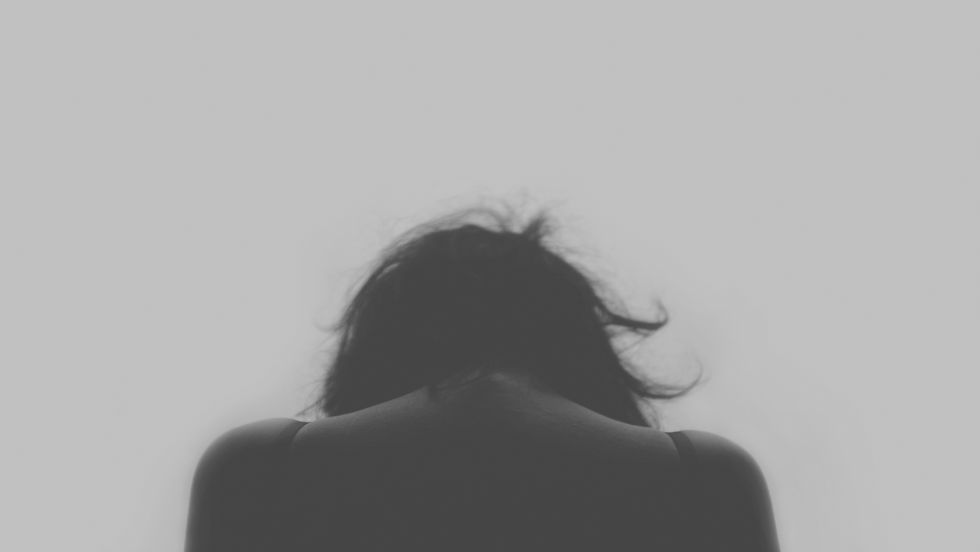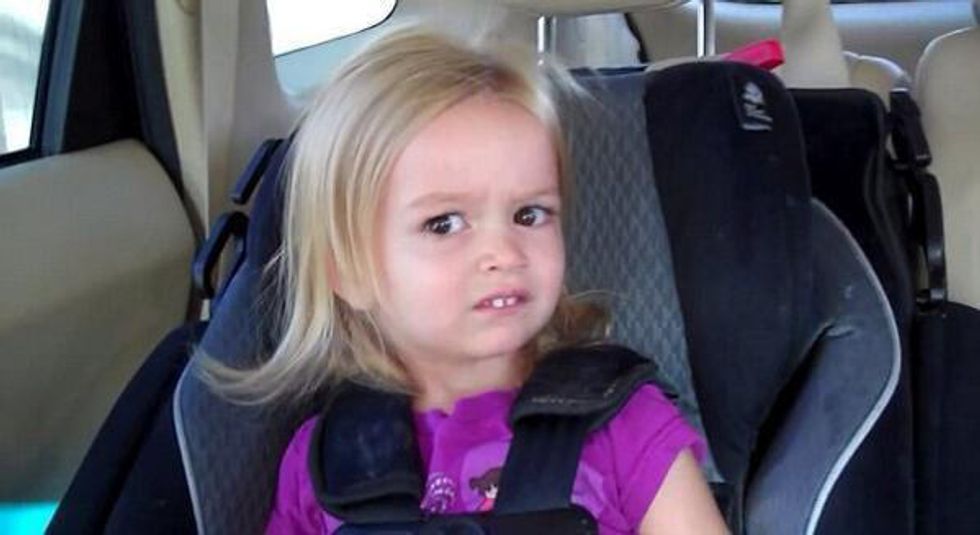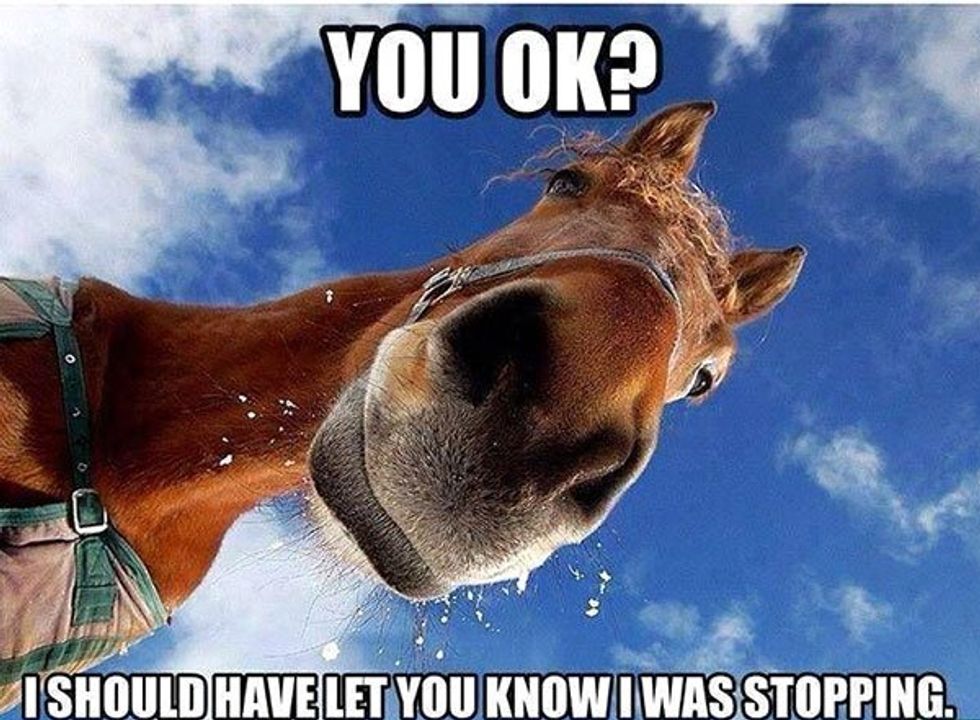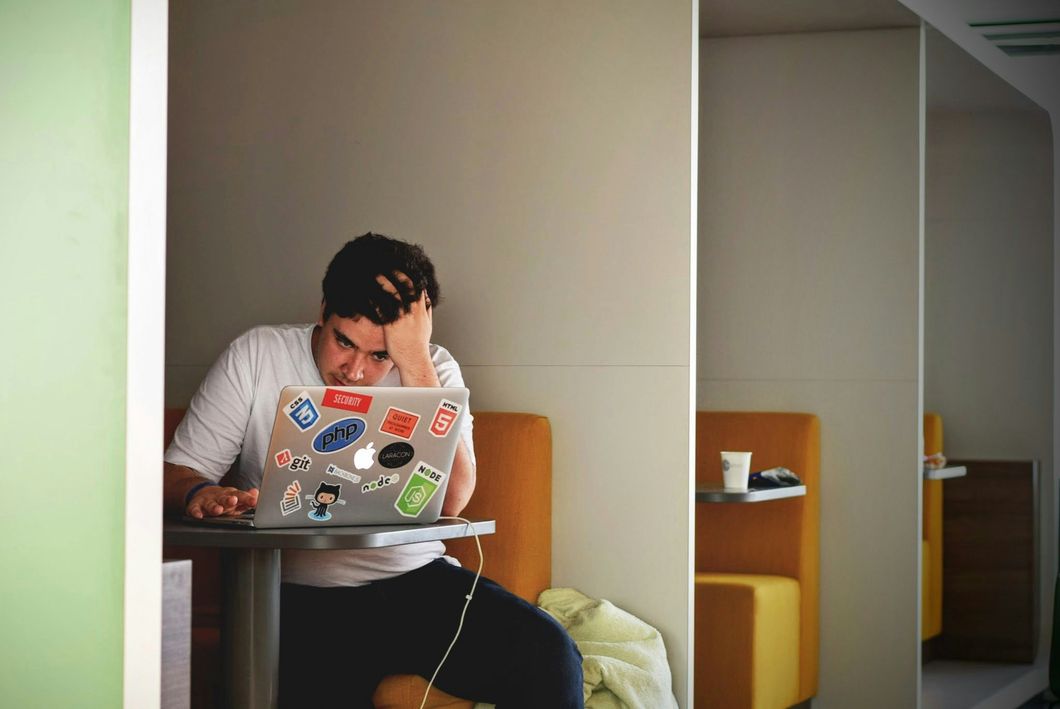Since Thirteen Reasons Why aired, the topics of depression and suicide have been all over the media. People feel the need to voice their opinion on whether suicide is an epidemic, or if our generation is just using the term “depressed” when they’re really just sad. Here is the most important thing to note: 44,193 Americans die by suicide every single year. And for every suicide, there are 25 attempts. That means that there are 1,104,825 attempted suicides every single year, yet people are still arguing about whether or not this is a serious issue in our country. 8 out of every 100 teens have some form of serious depression, and these topics are a joking matter all over social media. There are statuses, memes, and tweets dedicated to how funny it was when Hannah Baker blamed everyone else for what lead up to her suicide. This mindset is not okay. When someone admits to a friend that they are depressed, the response is often something along the lines of, “Why are you sad?”, “Your life isn’t that bad.”, or my all-time favorite, “Just smile. There’s nothing to worry about.” These responses are often due to a lack of understanding of what depression is and how it actually affects a person’s daily life.
Depression is so much more than being sad for a few days. Every single person who is battling depression suffers in a unique way. For some people, depression is like being in a very, very dark world every day. Some days are filled with total darkness, unable to see any source of light or happiness. On days like this, the darkness can be so overpowering that life can seem worthless. Other days can be mostly bright, with shadows of darkness. These are the days that offer hope. Now, it is important to realize that it might not be like this for everyone. There are no exact guidelines to what depression is supposed to look like or feel like in every single person, so if you have any questions, ask a doctor.
What can we as Americans do to help? It all begins with proper education. We need to start actually teaching about mental health in schools. In my 14 years of schooling, I had one class dedicated to health. It was one semester long and only dedicated 5 class periods to the entire mental health spectrum. Right now, though, our education system is focused on anything but mental health. For this reason, proper education would need to come from your own sources. To learn more about depression, visit the American Psychiatric Association’s website (https://www.psychiatry.org/patients-families/depression/what-is-depression). Talk to campus counselors. Ask a doctor. All of these people have accurate information regarding diagnosed depression, rather than one person’s testimony on the internet.
The last thing that needs to be addressed is that if feel like you are battling depression, you are not alone. In Thirteen Reasons Why, Hannah was trying to reach out for help, but never said the words. SAY THE WORDS. Use your voice, a text message, an email, a direct message, sign language, a paper note. Tell a parent, a teacher, a counselor, a friend, or a doctor.
Do not try to go through it alone. Do not self-medicate. Do not self-diagnose.
There is absolutely nothing wrong with telling someone you might not be okay.
There is nothing wrong with taking medication for your mental illness, as long as it is taken as prescribed by a physician.
Suicide is real. Depression is real. Don’t let it go untreated.





 teenhorseforum
teenhorseforum















